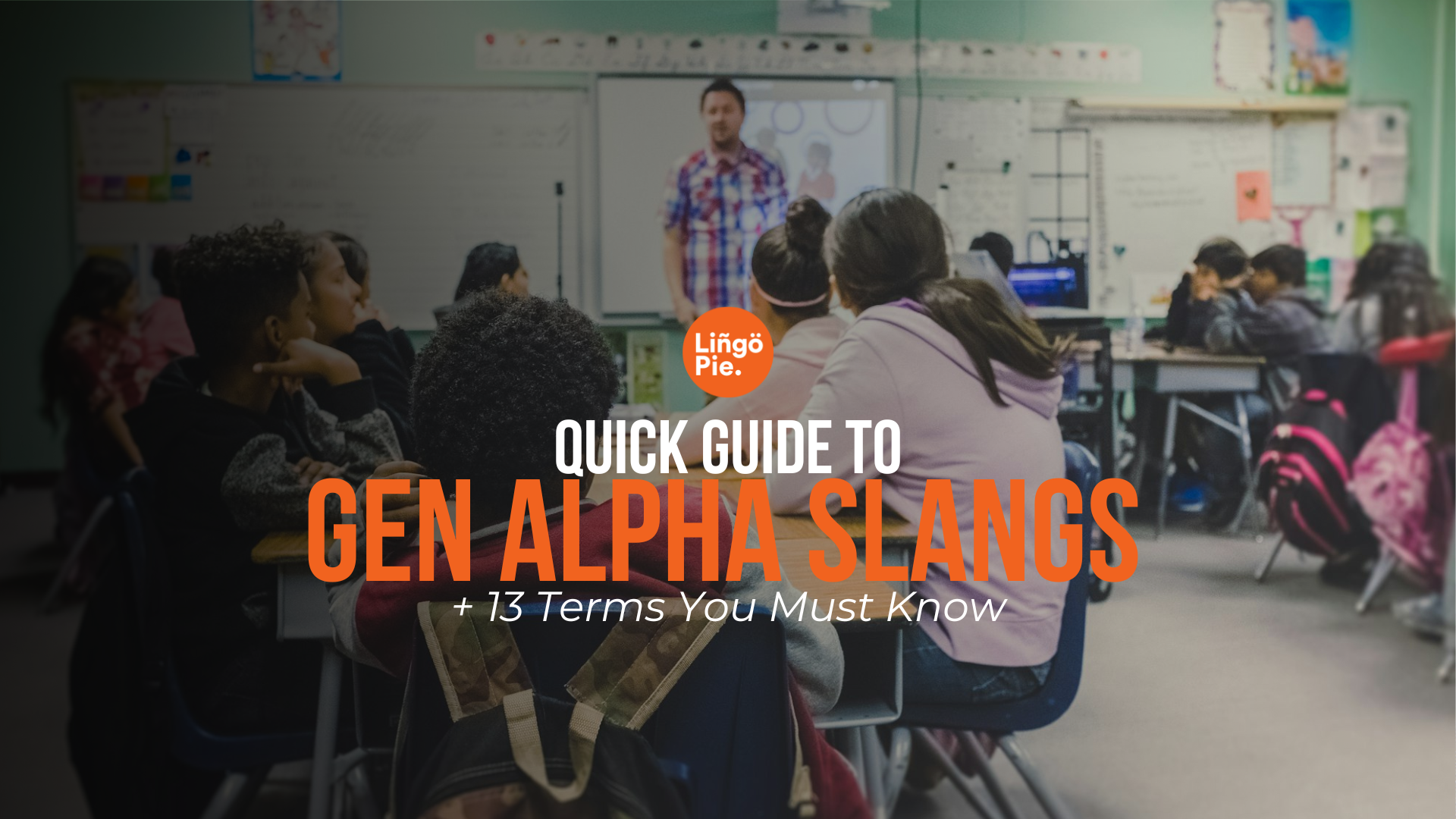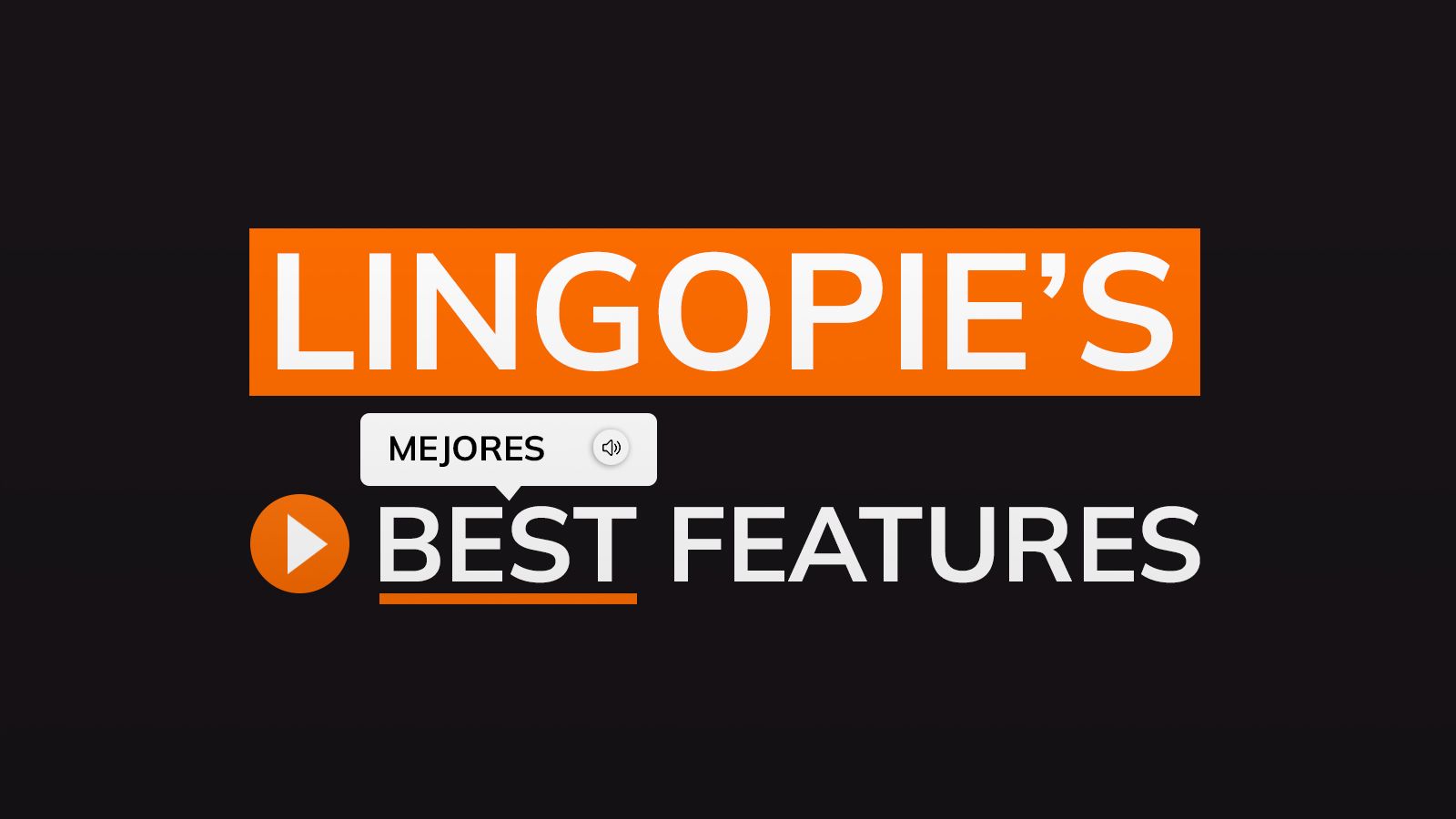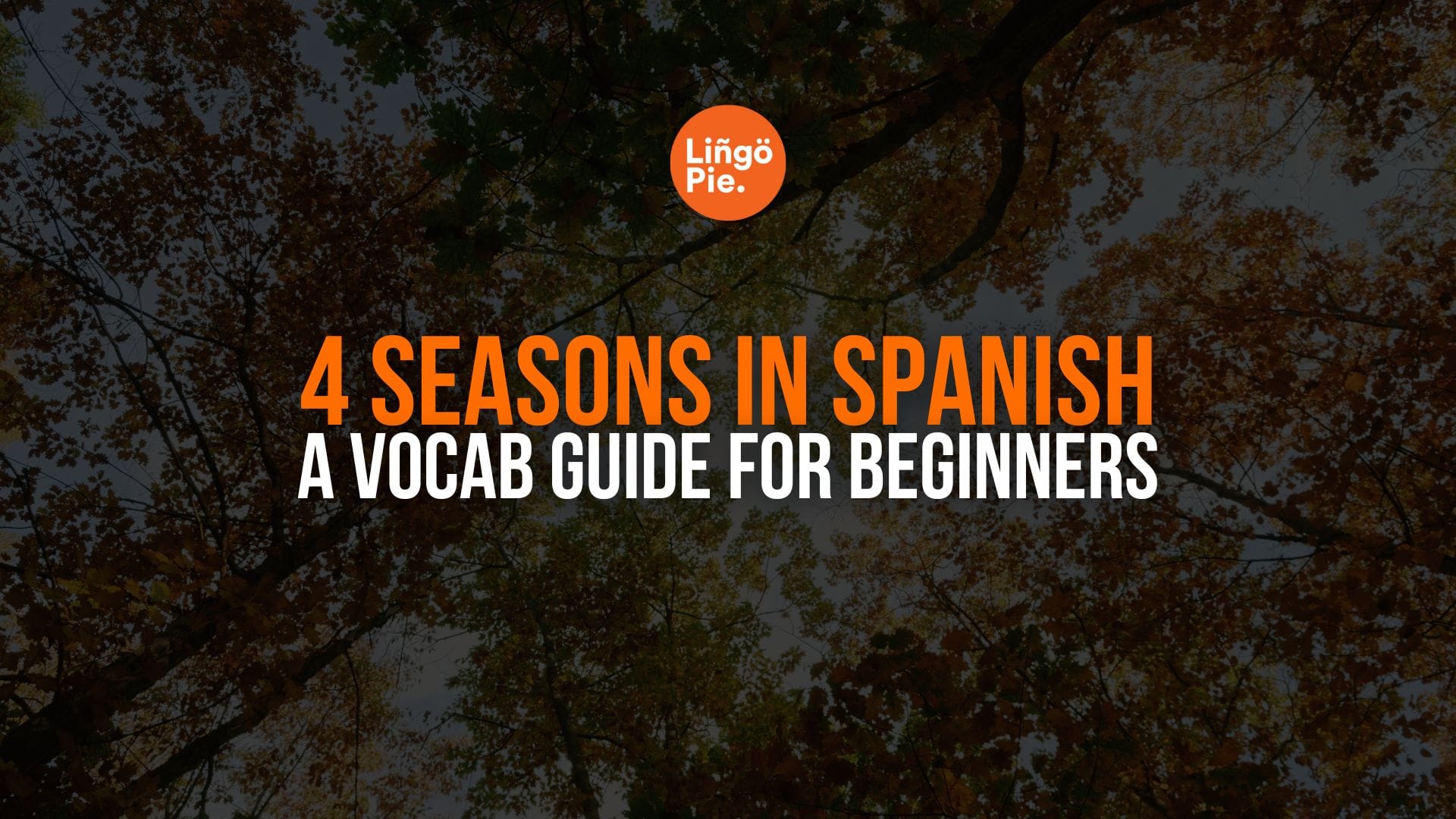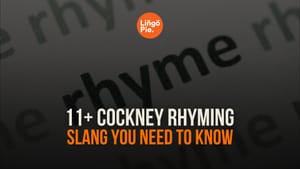If you’ve watched a British series or scrolled UK TikTok lately, you’ve probably heard words (like gobsmacked) that made you pause and think, “Wait, what does that mean?”
British slang constantly evolves, and slang words reflect just how fast new terms catch on. Whether it’s a clever phrase from a comedy panel show, a viral TikTok sound, or a cheeky line in a song, slang keeps British English feeling playful and fresh.
In this post, we’ve rounded up 19 classic and current British slang terms that will help you tune in and keep up.
- 40+ Common German Slang Words And Phrases
- 20+ Gen Alpha Slang And What They Mean [Guide]
- 25+ Greek Slang Words That Make You Sound Like a Local

Why British Slang Is Both Hilarious And Fascinating?
One thing that makes British slang so fun and sometimes confusing is how local it can be. You won’t hear the same expressions everywhere. Different parts of the UK have their own slang, accents, and ways of speaking, and it’s not uncommon for Brits themselves to struggle with slang from another region.
For example, you might hear more traditional expressions in the Queen’s English, especially in formal settings. Meanwhile, Cockney slang from East London uses clever rhyming phrases (like “apples and pears” for stairs). Geordie slang from Newcastle has a distinctive rhythm and words of its own, as does Glaswegian slang in Glasgow.
Other regional flavors include Scouse slang (Liverpool), Welsh slang (often mixing English and Welsh words), and Scottish slang more broadly, which can sound completely different from what you’d hear in southern England.
In short, British slang is not one single style—it’s a collection of regional ways of speaking. That’s part of what makes learning it so interesting.
19 Hilarious British Slang Terms
Now, let's take a look at the stars of this article. Check out these 19 British slang terms—you'll be surprised to see that some of them don't mean what you think they do.
1. Gobsmacked
Imagine you’re in a restaurant, and you have finished eating your meal. You ask for the bill, and it is so high it makes your eyes pop out. That’s when you’re gobsmacked! This term perfectly captures that stunned, open-mouthed reaction.
Meaning: Totally shocked or amazed.
Example sentence: “I was gobsmacked when I saw the bill.”
2. Bollocks
When something just doesn’t make sense or seems totally ridiculous, you might hear the term “bollocks.” However, even though it doesn’t sound like it, it is kind of rude, so be careful if you decide to use it.
Meaning: Nonsense or something completely wrong.
Example sentence: “What a load of bollocks!”

3. Knackered
Ever finish a test so intense it feels like your head is about to fall off? You’re knackered. This term really nails that bone-deep weariness.
Meaning: Completely exhausted.
Example sentence: “I’m absolutely knackered after that test.”
4. Cheeky
Have you ever met someone who is a bit mischievous and can even be a little rude, but in a charming way? Then, “Cheeky” is the perfect term to describe that person.
Meaning: Impudent in a playful or funny way.
Example sentence: “He’s such a cheeky boy!”
5. Tosser
If someone’s being particularly annoying or foolish, calling them a “tosser” is your British way of expressing frustration.
Meaning: An idiot or fool.
Example sentence: “Stop acting like a tosser!”
6. Chuffed
When something makes you feel over-the-moon happy, you’re “chuffed.” It’s like a warm, fuzzy feeling of satisfaction that you just can’t hide.
Meaning: Extremely pleased or happy.
Example sentence: “She was chuffed with her trip to Europe.”
7. Crikey
We could say that “Crikey” is the British equivalent of “Wow!” It’s an expression for those moments when you’re caught off guard by something truly astonishing.
Meaning: An exclamation of surprise.
Example sentence: “Crikey! Look at the size of that!”
8. Muppet
Meaning: Someone who is being stupid or silly.
Example sentence: “Don’t be such a muppet!”
If someone’s acting particularly clueless, “muppet” is the term British people would call that person.

9. Blimey
“Blimey” is another expression for moments that leave you wide-eyed and speechless. It’s a classic, old-school way to show that something has taken you by surprise.
Meaning: An expression of surprise or shock.
Example sentence: “Blimey, it’s really hot out there!”
10. Dodgy
When something doesn’t quite seem right, whether it’s a person or a situation, you describe it as “dodgy.” It’s a term that describes those gut feelings that tell you to be cautious.
Meaning: Risky or questionable.
Example sentence: “That guy looks dodgy.”
11. Waffle
If someone is rambling on and on without actually getting anywhere, they’re “waffling.”
Meaning: To talk a lot without saying anything important.
Example Sentence: “He kept waffling during the meeting, making it hard to understand his main point”
12. Naff
When something’s clearly out of style or just doesn’t quite hit the mark, it’s “naff.” It’s a gentle way of saying something is less than impressive.
Meaning: Uncool or tacky.
Example sentence: “That’s such a naff outfit.”
13. Pissed
In contrast to the US, where if a person is “pissed,” it means they are angry or upset, in the UK, if someone has had a few too many drinks and is quite inebriated, they’re “pissed.”
Meaning: Drunk (in British slang).
Example sentence: “Andrea got completely pissed last night.”
14. Skive
When someone escapes their responsibilities, they’re “skiving.” Skiving is a term for those who try to avoid obligations in a less-than-honest way.
Meaning: To avoid responsibility.
Example sentence: “He’s always skiving off school/work.”
15. Gutted
Have you ever felt let down and disheartened? You were “gutted.” It’s that heavy feeling of disappointment that lingers, often after something you were really hoping for doesn’t pan out.
Meaning: Deeply disappointed.
Example Sentence: “I was gutted when I found out what she said about me.”

16. Scrummy
When food tastes so good you just can’t stop raving about it, it’s “scrummy.” It’s a delightful way to compliment something that’s really hit the spot.
Meaning: Delicious, usually in reference to food.
Example sentence: “This cake is scrummy!”
17. Bog-standard
If something is basic and nothing special, it’s “bog standard.” It’s a way to describe something plain and simple.
Meaning: Something that is ordinary or basic.
Example sentence: “This phone is bog standard.”
18. Kip
When you’re in need of a rest or a short nap, you’re after a “kip.” It’s a term for catching some shut-eye, whether it’s for a few minutes or a full night.
Meaning: A nap or sleep.
Example sentence: “I just need a quick kip.”
19. Zonked
If you’re feeling utterly drained after a long day or night of activity, you’re “zonked.”
Meaning: Extremely tired or exhausted.
Example “Sentence: “I was absolutely zonked after the hike.”

Other Quirky British Slang
Of course, the fun of British slang doesn’t stop at the 19 terms we’ve covered so far. There are loads of other quirky, often-used expressions that pop up in conversations, social media posts, and popular TV shows. Some are lighthearted and silly, others sound a bit odd until you know what they mean.
Here are a few more you might hear if you’re tuning in to British culture today.
| Slang Term | Meaning | Example Sentence |
|---|---|---|
| Bee’s knees | Excellent, the best | “This new phone is the bee’s knees!” |
| Faff | To waste time or mess around | “Stop faffing about and get ready!” |
| Leg it | To run away quickly | “The police showed up, so we legged it.” |
| Git | A slightly annoying or unpleasant person | “Don’t be such a git!” |
| Bloody | A general intensifier (mild swear word) | “It’s bloody freezing out here.” |
| Barmy | Crazy or foolish | “She came up with a barmy idea for the party.” |
| Taking the mickey | Mocking or teasing someone | “Are you taking the mickey out of me?” |
| Throw a wobbly | To have a tantrum or get very upset | “He threw a wobbly when the game got canceled.” |
| Nicked | Stolen | “Someone nicked my bike!” |
| Gobby | Loud-mouthed or overly opinionated | “She’s nice, but a bit gobby at times.” |
| Kerfuffle | A fuss or commotion | “There was a bit of a kerfuffle over the seating.” |
| Dosh | Money | “I need to save some dosh for my trip.” |
| Skint | Broke, having no money | “I can’t go out—I’m skint until payday.” |
| Jammy | Lucky | “You jammy git—you won the raffle!” |
| Daft | Silly or foolish | “Don’t be daft, of course you can do it.” |
| Chock-a-block | Very full or crowded | “The pub was chock-a-block last night.” |
| Winds me up | Annoys or irritates me | “It really winds me up when people are late.” |
| Knock up | To wake someone up / prepare something quickly | “Can you knock up some dinner?” (UK) |
| Rubbish | Nonsense, or literal trash | “That film was rubbish!” |
How To Use These British Slang Terms In Everyday Conversation?
Incorporating British slang into your daily conversations can add a fun twist and make your interactions come alive. You can start by using these terms in informal settings where people are more likely to appreciate their humor and charm. For example, when chatting with friends about a recent surprising event, you might say, “I was completely gobsmacked when I heard the news!”
Context is key when using British slang. Make sure the term you choose fits the situation and is understood by your audience. If you're feeling exhausted after a long day, instead of saying you're tired, you could say, "I'm absolutely knackered." This helps convey your feelings more vividly and keeps the conversation fresh. However, be mindful of the slang's regional use; some terms might be less familiar to people outside the UK, so gauge your audience's familiarity with the expressions.
Lastly, don't be afraid to mix and match these slang terms to keep your conversations dynamic. Practice using them in casual conversations to become more comfortable, and soon enough, you'll be using British slang confidently.

Spice Up Your English Conversations With Lingopie
In this article, we’ve explored 19 hilarious British slang terms that can add a playful twist to your vocabulary. On days when you feel “gobsmacked” by something surprising or “knackered” after a long day, these quirky expressions bring a touch of British humor and charm to everyday conversations.
If you’re interested in exploring British culture and language further, consider trying Lingopie. This great tool offers immersive language learning through TV shows and movies, letting you learn more about British slang and expressions in real-life contexts.

So why not give Lingopie a try and continue your journey into the world of British English? Explore the platform, discover new shows, and take your skills to the next level. And don’t forget to explore more of our articles for even more tips and insights into language and culture.








![20+ Gen Alpha Slang And What They Mean [Guide]](/blog/content/images/size/w300/2025/06/Gen-Alpha-Slang.jpg)

